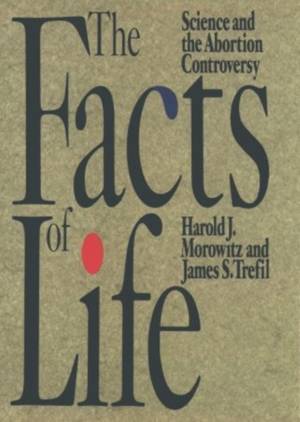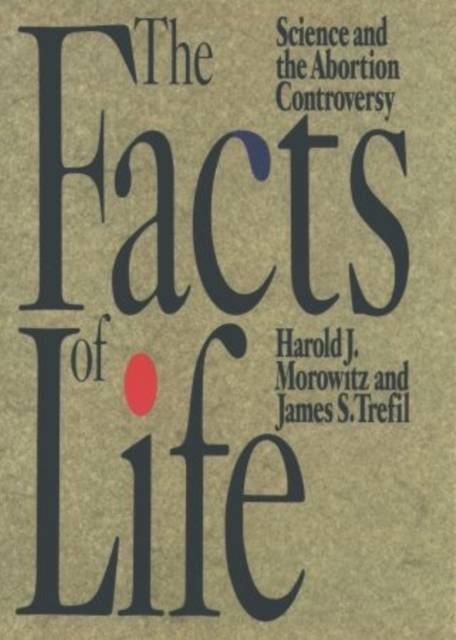
- Retrait gratuit dans votre magasin Club
- 7.000.000 titres dans notre catalogue
- Payer en toute sécurité
- Toujours un magasin près de chez vous
- Retrait gratuit dans votre magasin Club
- 7.000.0000 titres dans notre catalogue
- Payer en toute sécurité
- Toujours un magasin près de chez vous
The Facts of Life
Science and the Abortion Controversy
Harold J. (Robinson Professor of Biology and Natural Philosophy,, James (Robinson Professor of Physics, Robinson Professor of Phys
Livre relié
89,95 €
+ 179 points
Format
Description
This study explains what modern advances in molecular biology, evolutionary biology, embryology, neurophysiology and neonatology can contribute to an understanding of what is unique about being human, and when the properties that define "humans" develop.
Spécifications
Parties prenantes
- Auteur(s) :
- Editeur:
Contenu
- Nombre de pages :
- 192
Caractéristiques
- EAN:
- 9780195079272
- Date de parution :
- 07-01-93
- Format:
- Livre relié
- Dimensions :
- 148 mm x 217 mm
- Poids :
- 383 g

Les avis
Nous publions uniquement les avis qui respectent les conditions requises. Consultez nos conditions pour les avis.






